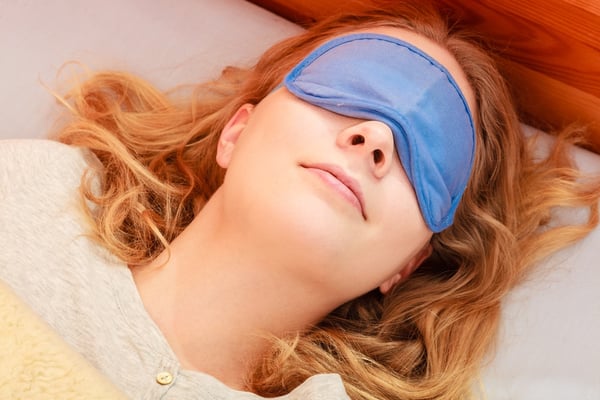
More than 33 percent of U.S. adults do not get enough sleep.
When my daughter was pre-school age, she would fight going to sleep. “I not tired” she would mumble as her eyes drooped and her head dropped. It’s amazing to adults how children fight sleep, while adults crave more sleep. Many of us would love for someone to force us to take a nap.
The Cost of Fatigue
Sleepy employees cost the American economy $63 billion each year. In one survey, 29 percent of workers reported getting very sleepy or falling asleep at work.
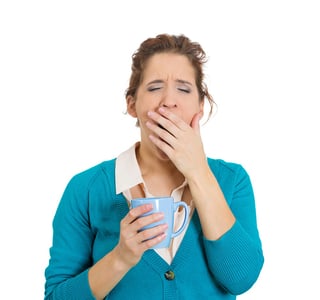 Some companies understand the need for sleep and our society's sleep deprivation epidemic that saps employees and the company’s profits.
Some companies understand the need for sleep and our society's sleep deprivation epidemic that saps employees and the company’s profits.
Some of the major companies that offer naps to employees are NASA, Google, Nike, Zappos, Cisco, Procter & Gamble, Capital One, and Ben & Jerry’s (a nap AND ice cream—I’m applying today!).
The Famous Who Napped
Napping can be a healthy, regenerative activity we do for ourselves. Check out these famous people who were nappers: Leonardo da Vinci, Thomas Edison, Winston Churchill, John F. Kennedy, Napoleon Bonaparte, J.D. Rockefeller, Ronald Reagan, Margaret Thatcher, Eleanor Roosevelt, and Muhammad Ali. All these power-nappers obviously benefited from a short snooze in the middle of the day.
Studying Naps
Nap studies have been done to prove their effects. One NASA study using astronauts as subjects found that a 40-minute nap increased job performance by 34 percent.
A study examining the correlation between napping an d blood pressure was presented at the European Society of Cardiology.
d blood pressure was presented at the European Society of Cardiology.
The study found that middle-aged men and women who had a nap at noon had lower blood pressure than those who stayed awake through the day. The difference has a significant impact on the rates of heart attacks.
Researchers in Athens, Greece confirmed the above findings, stating older adults who took regular naps had blood pressure that was 5 percent lower than those who did not nap.
Benefits of Naps
A well planned nap can:
| Improve alertness | Bring on relaxation | Reduce fatigue |
| Enhance mood | Create effective problem solvers | Manage stress |
| Eliminate drowsy driving | Improve memory | Raise morale/ workplace safety |
Make Your Nap as Beneficial as Possible
It is pretty much agreed that naps are beneficial, however, planning is essential for optimal benefits. Here are some things to consider when contemplating a nap.
Nap Length: The most effective naps are 20-30 minutes long. This much time allows the person to get some good restorative sleep but not go into deep, slow wave sleep or REM (rapid eye movement) sleep. Slow wave sleep (known as stage N3 sleep) is a deep sleep which is difficult to wake up out of and causes grogginess and sleep inertia. A normal sleeper will not go into REM sleep within 30 minutes. Those who do should suspect that they have sleep deprivation or a sleep disorder such as narcolepsy.
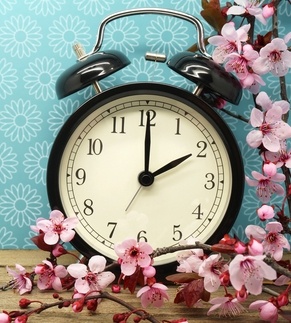 Time of Day: According to the Mayo Clinic, the best time to take a nap is between 2:00 and 3:00 p.m. in the afternoon. During this time the natural circadian rhythm is at a low point and people are usually a little sleepy after lunch. A nap later in the afternoon has a tendency to effect nighttime sleeping, so avoid starting a nap after 3:00 p.m..
Time of Day: According to the Mayo Clinic, the best time to take a nap is between 2:00 and 3:00 p.m. in the afternoon. During this time the natural circadian rhythm is at a low point and people are usually a little sleepy after lunch. A nap later in the afternoon has a tendency to effect nighttime sleeping, so avoid starting a nap after 3:00 p.m..
Location: The most effective nap occurs in a quiet, comfortable, cool environment, preferably in your own bed. Wear a sleep mask or put black shades over the windows to keep daylight out of your eyes. Ear plugs will help keep ordinary daytime sounds and noises from interrupting your sleep.
Who Benefits Most From Naps
Most everyone, except the above-mentioned people, can benefit from a nap. There are three groups that especially profit from naps.
Shift workers and commercial vehicle drivers especially benefit from naps. Both groups of these workers get, on average, 5 hours of sleep every 24 hours. This creates tremendous sleep debt which results in poor work performance, medical problems, drowsy driving, work-related and driving accidents, and an overall reduced quality of life.
Narcoleptic patients also benefit from naps. Narcolepsy causes “sleep attacks” where the person can fall asleep in inappropriate situations, such as while talking, eating or driving. Naps may reduce the amount of sleep attacks.
Who Should Not Take a Nap
Insomnia is a medical condition that presents as an inability to fall asleep or maintain sleep and results in some form of daytime impairment. Napping does not cause insomnia, but a nap for an insomnia person can do more harm than good. For those who have difficulty falling asleep at night, napping during the day will make falling asleep at night even more difficult.
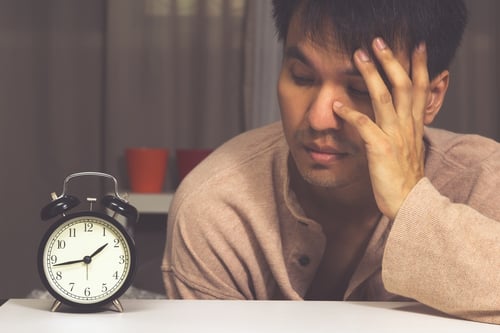 The need for sleep is based on how many hours have occurred since the previous sleep episode.
The need for sleep is based on how many hours have occurred since the previous sleep episode.
People who last slept 14 hours ago are more in need of sleep than people who slept 7 hours ago. So if a person takes a nap at 2:00 p.m. (7 hours after awakening from the previous night’s sleep), he will not be as sleepy at nighttime as a he would be if he skips the nap and waits until 10:00 p.m. to sleep.
According to Ralph Downey III, Director of the Sleep Center at Loma Linda medical Center, “Even just a little bit of a power nap reduces your nighttime sleep drive … the nap becomes nothing more than another episode of fragmented sleep.” So insomniacs, do not take naps during the day.
Why Are You Napping?
If you take naps every day because of excessive daytime sleepiness, it is recommended that you speak to your primary care provider or a sleep specialist. There may be an underlying sleep disorder you are suffering from.
Sleep apnea, circadian rhythm disorders, insomnia, and narcolepsy (to name just a few) can cause either a lack of quality sleep or fragmented sleep. The human body needs good quality consolidated sleep. When it does not get this, the person will be sleep deprived and sleep debt will occur, causing fatigue or sleepiness during the day as a result. A nap may or may not relieve the daytime fatigue or sleepiness.
Sleep Apnea and Naps
If a person has sleep apnea, the person will be snoring or stop breathing during the daytime nap as much as he does during the nighttime sleep, so no real relief will be attained.
As soon as a person with moderate or severe sleep apnea falls asleep, the airway will collapse and snoring and/or an apnea will occur. The brain will arouse enough to open the airway, but as soon as the person has taken two or so breathes, the airway will collapse again.
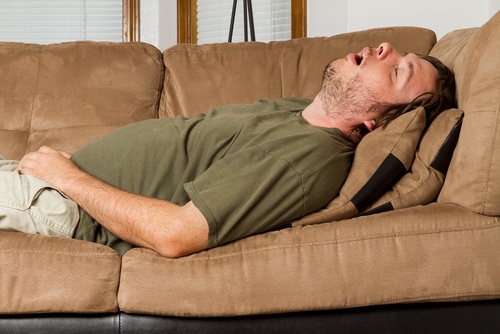 This repeated pattern creates fragmented sleep. Fatigue or sleepiness is usually not relieved by naps with snoring and apneas because the snoring and apneas occur during the naps also.
This repeated pattern creates fragmented sleep. Fatigue or sleepiness is usually not relieved by naps with snoring and apneas because the snoring and apneas occur during the naps also.
For those suspected of sleep apnea, a sleep study is necessary for diagnosing sleep apnea.
Summary
Short, early afternoon naps help in returning vitality and alertness. Careful timing, duration and location of the nap will help ensure optimum results. Naps benefit most people, and shift workers, commercial truck drivers and narcoleptics especially benefit from naps. If a nap is necessary on a daily basis to just get through the day, an underlying sleep disorder or other medical condition may be affecting your life adversely. Discussing your situation with your physician or a sleep specialist may point you in the right direction to resolve your sleep problem.
Sources:
Morgan Manella, One-third of Adults Do Not Get Enough Sleep, CNN, www.cnn.com, Feb. 18, 2016
Jeff Hayward, 6 Pros and Cons of Napping for Adults, www.activebeat.com
Power Naps: the Secret Weapon Your Business Might Be Missing, www.grasshopper.com
Mayo Clinic, www.mayoclinic.org
Image Credits: ww.Shutterstock.com


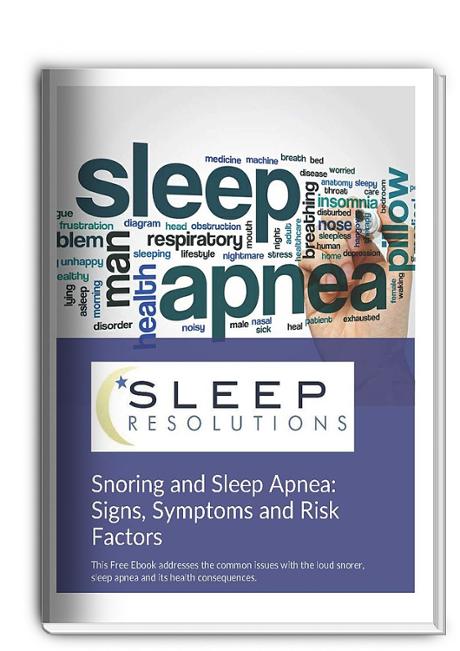


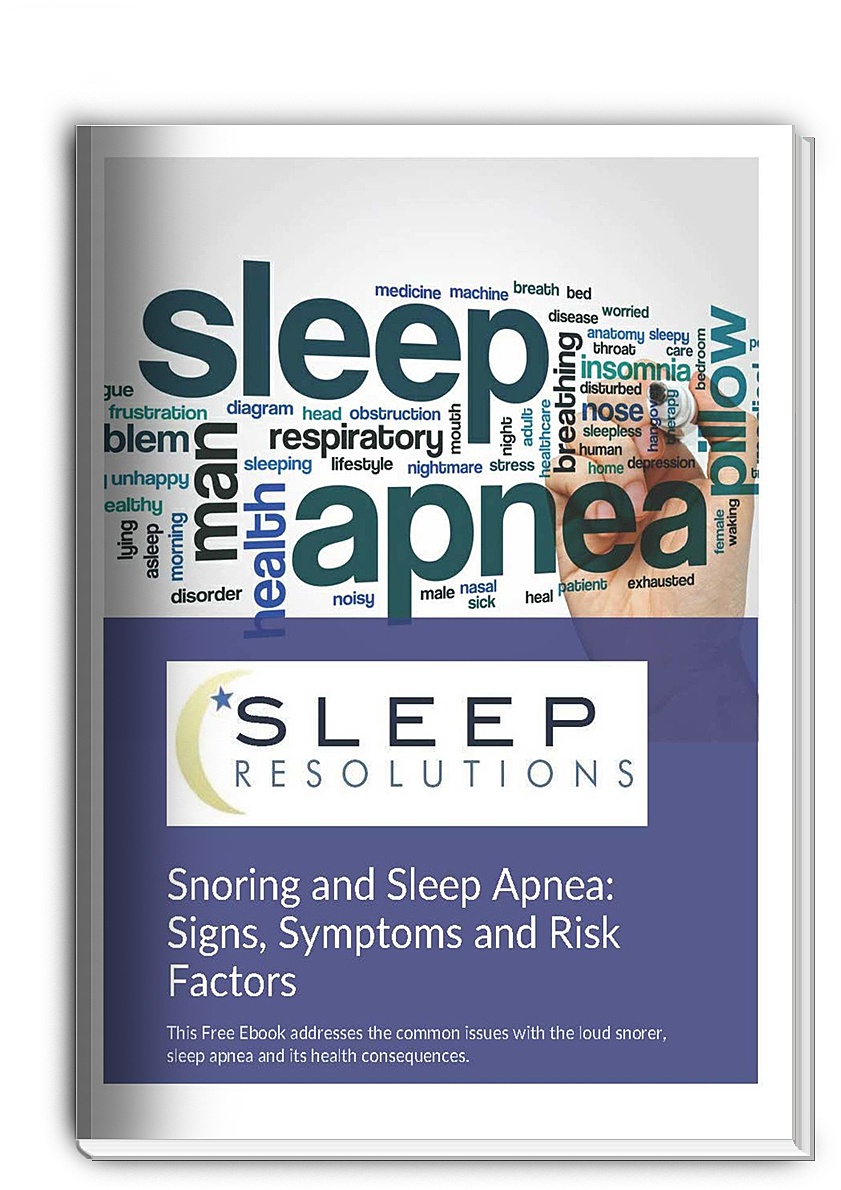


Leave a comment